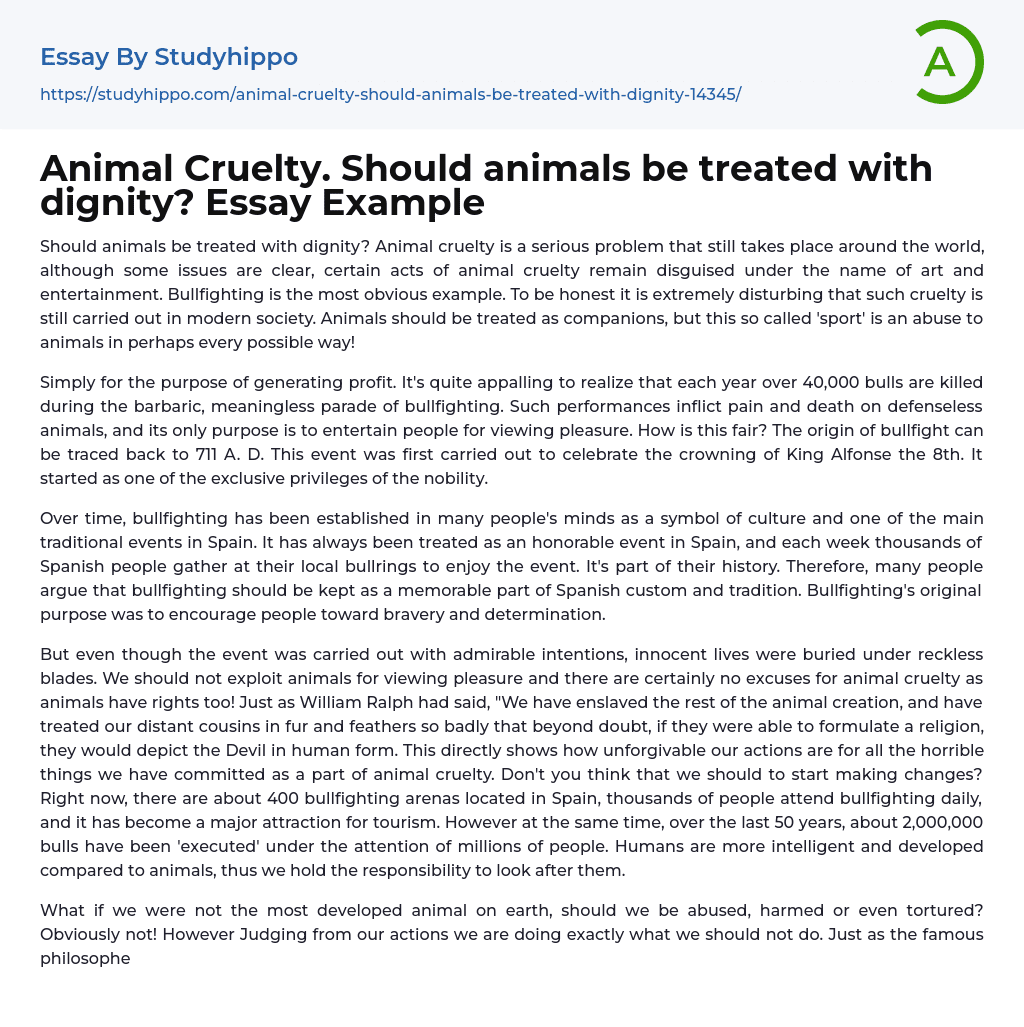Animal cruelty remains a pervasive dilemma that incites passion and concern across diverse demographics. As advocates for animal rights and welfare gather momentum, a pivotal question emerges: Should animal cruelty be deemed a federal crime? This inquiry ignites considerable debate, urging us to delve deeper into the sociocultural, ethical, and legal dimensions of animal treatment. In considering this aspect, the implications extend far beyond mere punitive measures; they penetrate the very fabric of our moral obligations toward other sentient beings.
The legal landscape concerning animal cruelty in the United States is a patchwork of state laws, often inconsistent and inadequate. While some jurisdictions have enacted stringent laws against animal abuse, others show leniency, resulting in disparate protections that fail to provide comprehensive safeguarding for all animals. This erratic enforcement prompts challenging questions. Can we justify a legal indifferent posture towards the suffering of animals? Can we maintain a moral high ground while allowing such inconsistencies to proliferate?
To transform animal cruelty into a federal crime, one must scrutinize the foundational elements of our legal systems. Legal entities often articulate crimes based on their perceived societal harm. Questions arise: Is animal cruelty a public safety hazard? Do heinous acts against animals correlate with broader violent behaviors in society? Research suggests frightening trends where cruelty towards animals often serves as precursors to human violence. Studies have explored this relationship, positing that individuals who perpetrate violence against animals may likely escalate to harming humans. Recognizing animal cruelty as a federal crime not only serves to protect the victims—innocent beings incapable of defending themselves—but also curtails potential threats towards humans in a broader societal context.
Moreover, the ethical implications require nuanced exploration. Philosopher Peter Singer argues for the moral consideration of all sentient beings, stipulating that their capacity for suffering endows them with inherent rights deserving protection. This philosophical contention advocates for the recognition of animals not as property but as beings with intrinsic worth, provoking us to reconsider the bedrock of our legal frameworks. Implementing federal laws against animal cruelty can symbolize a societal shift towards empathy and ethical responsibility, fostering a culture where the dignity of all living creatures is upheld. Yet, does this signify the inception of a radical shift in our societal norms? Or does it merely reflect a growing trend towards greater compassion and understanding?
The question of enforcement emerges alongside the ethical and philosophical dialogue. How could federal laws be effectively implemented and enforced? Unlike human crimes, animal cruelty presents unique challenges in investigation and prosecution. Factors such as jurisdictional discrepancies, lack of resources, and insufficient awareness complicate the issue. Law enforcement agencies require training to understand the nuances of animal welfare, which might not traditionally fall under their purview. Furthermore, what would the penalties entail for such crimes at the federal level? One could argue that merely establishing punitive measures without adequate education and preventive initiatives fails to address the root causes of animal cruelty.
Several research questions can be posited to enrich this discussion. How do varying societal and cultural norms influence perceptions of animal rights? Examining regions where animals are regarded predominantly as commodities versus societies that elevate animal welfare can offer invaluable insights into legislative motivations. Additionally, what role do media representations play in shaping public opinion regarding animal cruelty? The pervasive influence of media can either galvanize action or perpetuate desensitization; understanding this dynamic is crucial for advocacy efforts.
Furthermore, one must consider potential counterarguments. Critics of enforcing animal cruelty as a federal crime might highlight concerns over government overreach and the implications for industries reliant on animal use, such as agriculture and entertainment. They may argue that existing state laws offer sufficient protection and that federal involvement could disrupt established sectors and livelihoods. Engaging in a dialectical examination of these perspectives is essential. How can proponents of animal rights address valid concerns while maintaining an unwavering commitment to ethical treatment? Finding common ground may yield revolutionary strides in improving animal welfare without inciting unnecessary backlash.
As the discourse advances, public sentiment must also be evaluated. Are citizens becoming more aware and compassionate regarding animal rights? Surveys indicate a growing trend of individuals advocating for stronger protections against cruelty, demanding accountability and transparency in industries involving animals. Such societal shifts paint a promising picture of evolving attitudes, yet do these sentiments translate into actionable change? Are we merely expressing outrage without sufficient follow-through in supporting legislative amendments and reforms?
In conclusion, the proposition of designating animal cruelty as a federal crime transcends mere legal intricacies; it encapsulates complex moral, ethical, and social considerations. Addressing this critical issue necessitates collaborative dialogues among advocates, lawmakers, and the public. By persistently challenging existing paradigms and fostering informed conversations, society can embark on a transformative journey that champions the dignity of all sentient beings. In seeking answers to these pressing questions and exploring inventive avenues to bolster animal welfare, we pave the way for a future where compassion prevails, and abject cruelty becomes a relic of the past.








